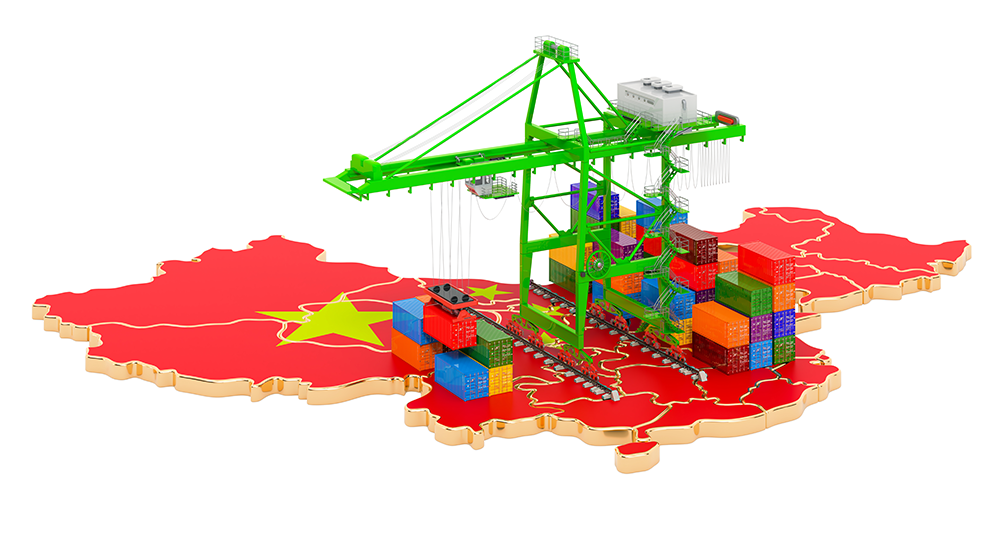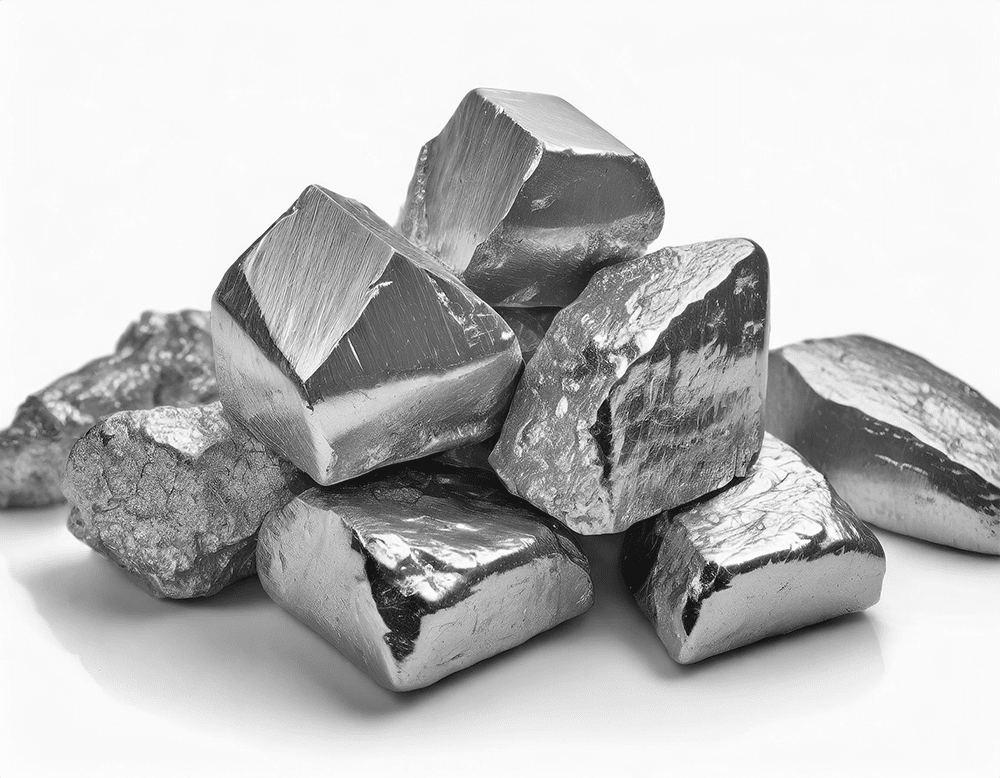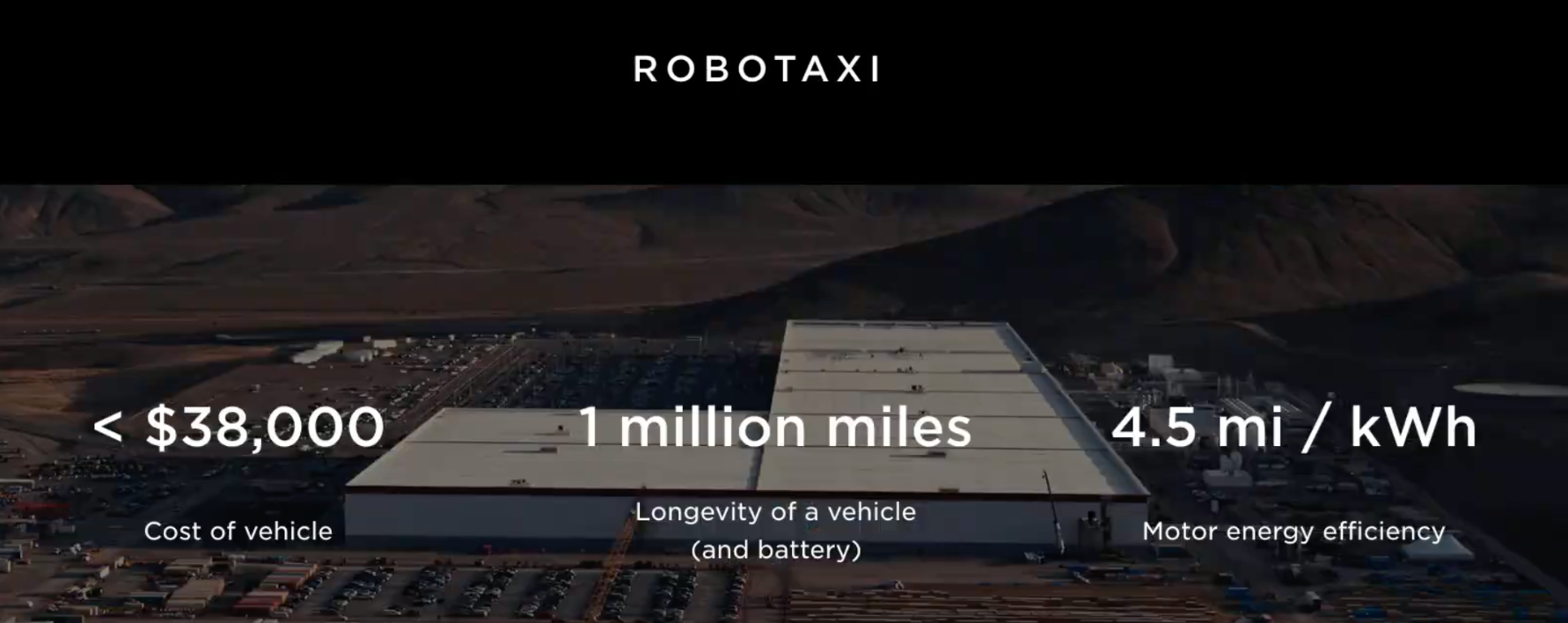Would it be an exaggeration to say that the world’s steel narrative is unfolding in China? Everywhere one looks, there are steel industry experts complaining about Chinese steelmakers unloading their excess steel products.
Take this report published at nikkei.com, which predicts that China could end the calendar year with a record-high export total, somewhere over 110 million tons (MT). If true, this would be the highest figure since 2015. As the report points out, the country already shipped 53 MT of steel in the first half of 2024, marking a 24% increase over the same period last year.
Opt into MetalMiner’s Weekly Newsletter and keep up with the latest steel industry news and trends to stay competitive.
How China’s Falling Domestic Demand is Flooding Global Markets
Some say that this export volume is but a drop in the well compared to China’s overall crude steel production, which hit about 1 billion tons last year. However, this is the whole problem. When China’s domestic consumption falls, the backlash affects steel industry players worldwide, all of whom have to start competing against the cheap Chinese steel products flooding their markets.

China is number one in this race, producing over half of the world’s total steel – 1.89 billion tons. As a result, any impact on its local steel consumption will undoubtedly affect other countries.
Lower Chinese Consumption Could Continue for Several More Years
Analysts anticipate that steel consumption in China will decline to around 900 MT this year. Indeed, some say that could be the case for the next few years. Wang Yingsheng, chief economist of the China Iron and Steel Association (CISA), shared this forecast at the Mysteel conference. Wang’s prediction indicates that China’s total apparent steel consumption in 2024 may not go over 910 MT and could even drop below 900 MT. However, it will undoubtedly be less than the 933.4 MT recorded for 2023.

For the first six months of 2024, approximate steel consumption in China was about 479 MT, down 3.3% year-on-year. Despite several attempts by the Xi Jinping Government to revive the economy, which could, in turn, mean a revival for the steel and other metals sectors, there has been little headway. The real estate market is still down, and from the looks of it, may not recover even in the next few years. Infrastructure growth has also slowed, meaning less steel consumption for roads, rails, etc. The only silver lining in all of this is a minor degree of recovery in the manufacturing sector.
These realities continue to put massive pressure on the profit margins of Chinese steel mills. In fact, expectations are that the average profit margin on sales will be even lower in 2024 than in the previous year.
Subscribe to MetalMiner’s free Monthly Metals Index report and use it to anticipate steel industry changes and make strategic purchasing decisions.
Multiple Steel Industry Shake Ups Affecting Chinese Sentiment
The recent collapse of Jiangsu Delong Nickle Industry Co is the latest in a series of debt crises hitting the world’s second-largest economy as growth slows. Owned by renowned metals entrepreneur Dai Guofang and his family, the firm is one of the world’s leading stainless steel producers. Jiangsu can produce over 9 MT of stainless steel per year, as well as other alloy products, from its plants in China and Indonesia. However, many of its operations are struggling due to falling nickel prices.

According to this report, the company’s potential collapse could significantly affect China’s manufacturing sector and the already troubled global nickel market. Reflecting China’s overstretched industries, sources say that local authorities have taken control of most of Delong’s plants in an effort to recover debts and protect employees. The remaining factories are barely operational, and major commodity traders have severed ties.
Weather Woes and Weak Demand for China’s Steel Industry
Then there’s the adverse effect on the commodities and futures markets. Last Monday was one example. That day saw iron ore futures prices fall over concerns of a persistently weak steel market, worsened by adverse weather conditions in China. Also, many steel benchmarks posted losses on the Shanghai Futures Exchange.
A Reuters report says some of the local steel trading associations now want to delay the proposed quality standards for steel rebar, used in construction. This comes after news of the after news of the rules’ planned implementation on September 25 sparked inventory sell-downs. In mid-June, the Government announced that the new standards would replace voluntary guidelines put in place back in 2018. The associations now say they had not given enough heads-up to work through existing stockpiles.
Tired of steel market uncertainty, resulting in loss of revenue? The Monthly Metals Outlook report provides both short-term and long-term forecasts, giving you the edge to navigate volatility. Secure a free sample report and opt into a subscription.




